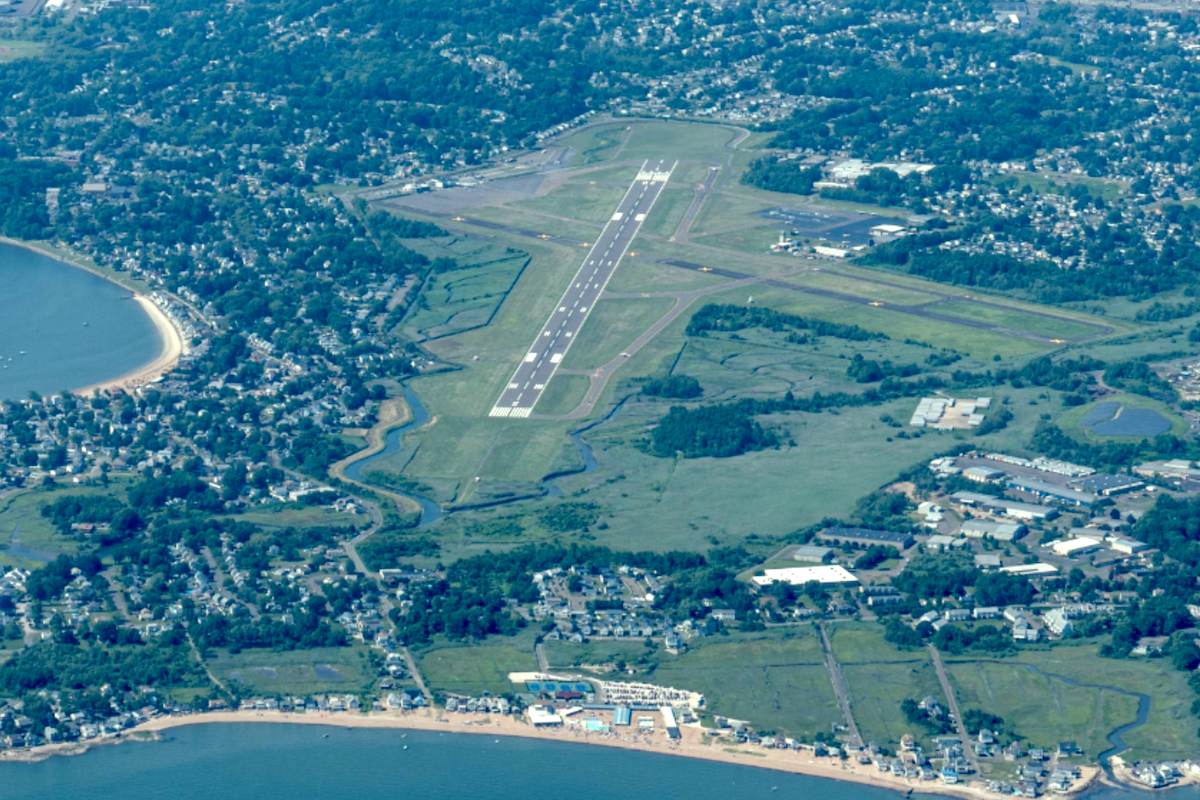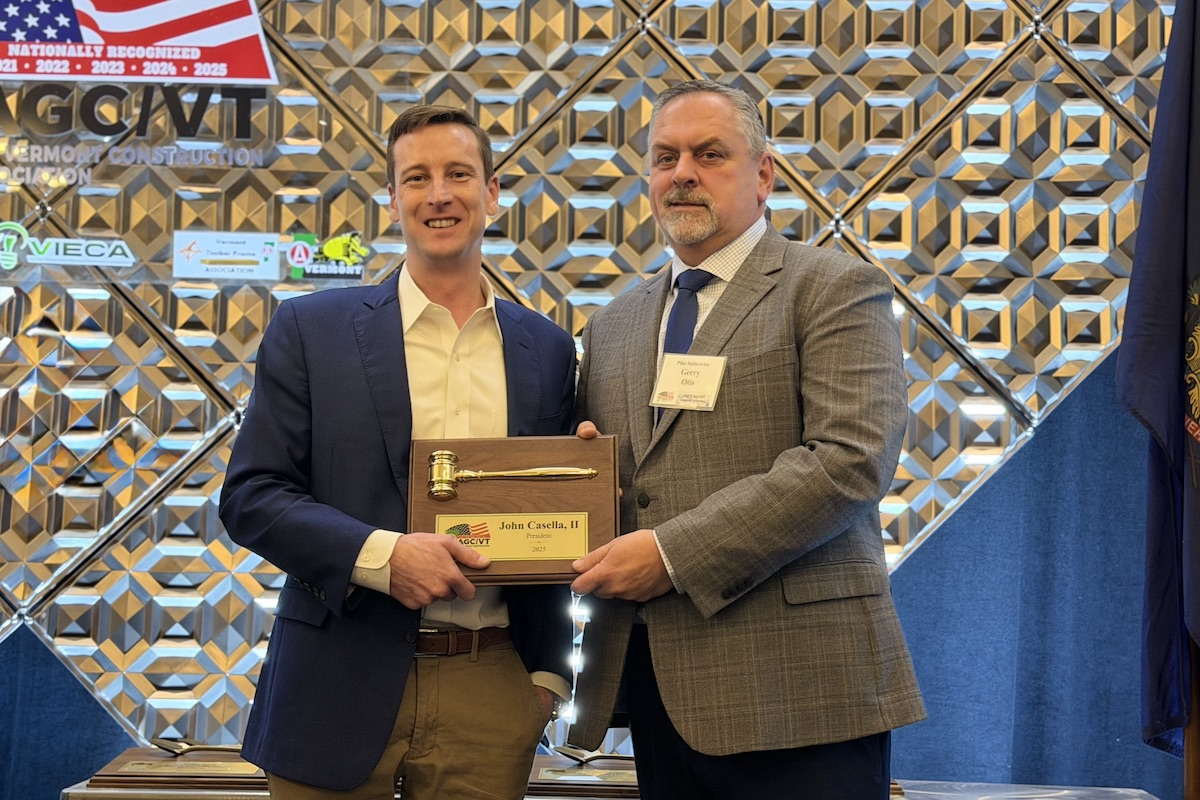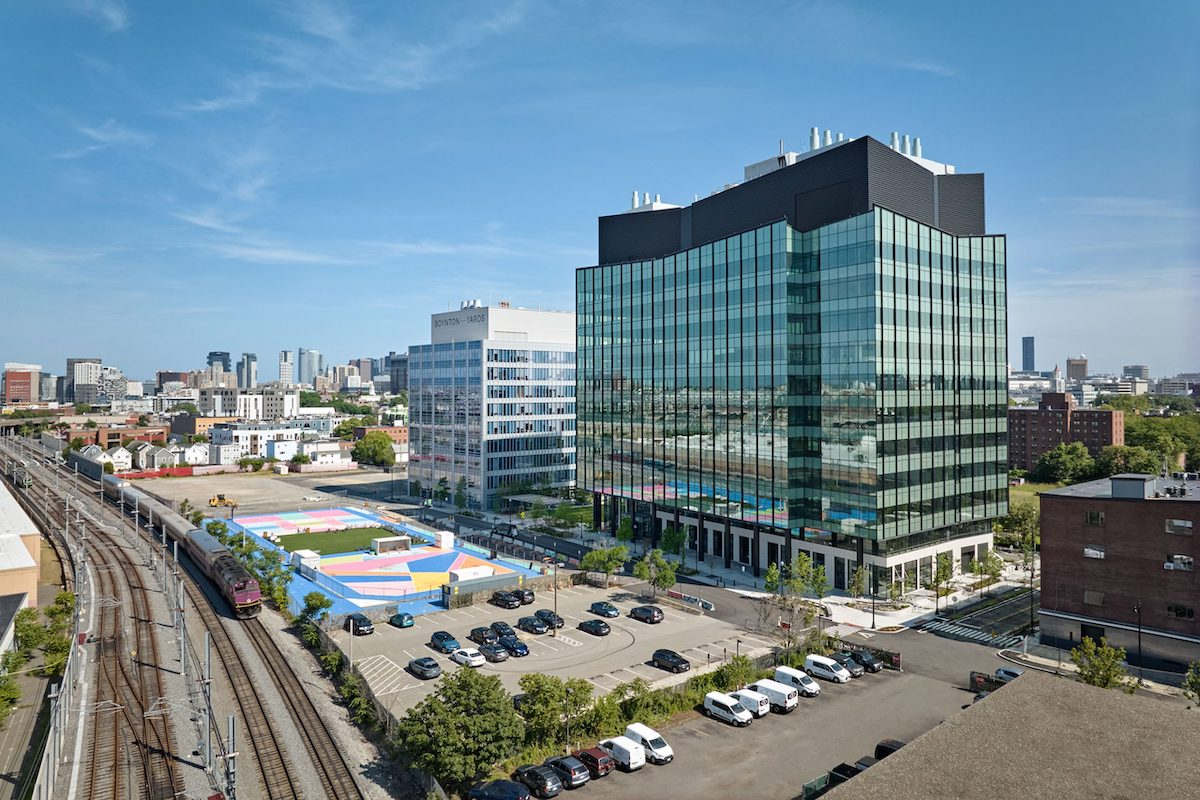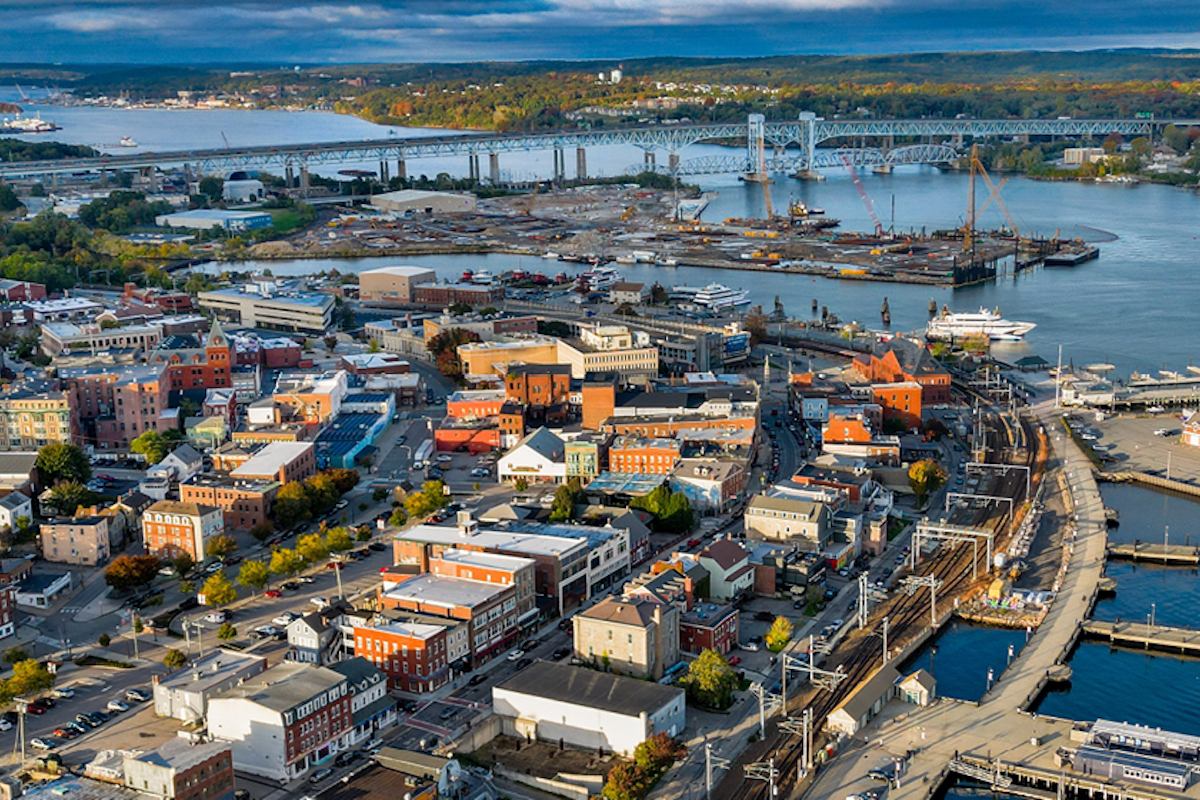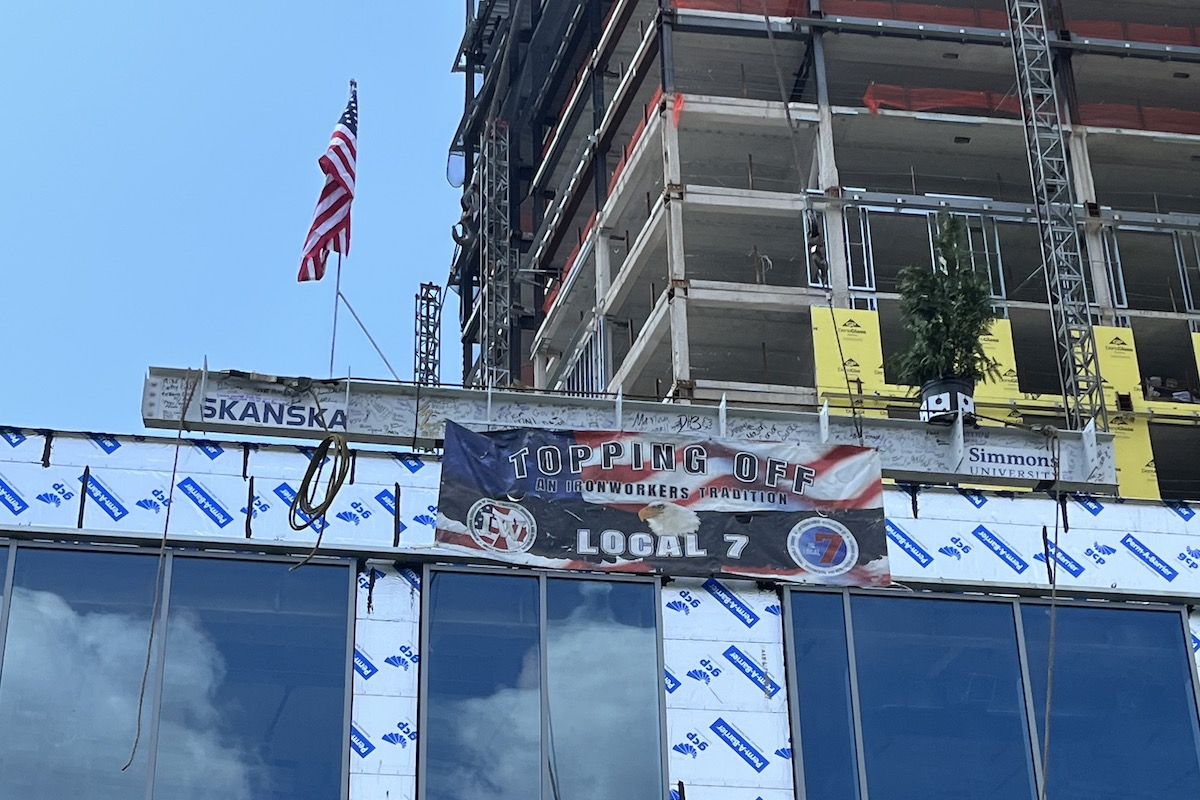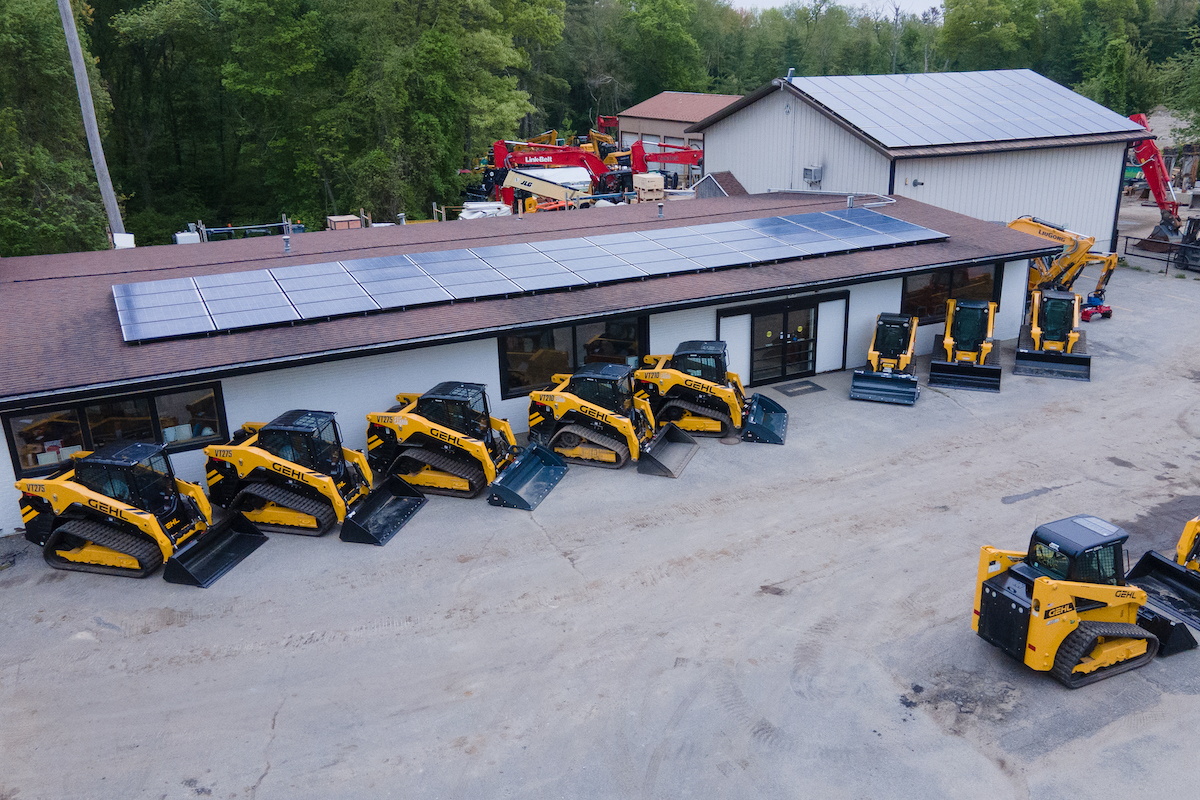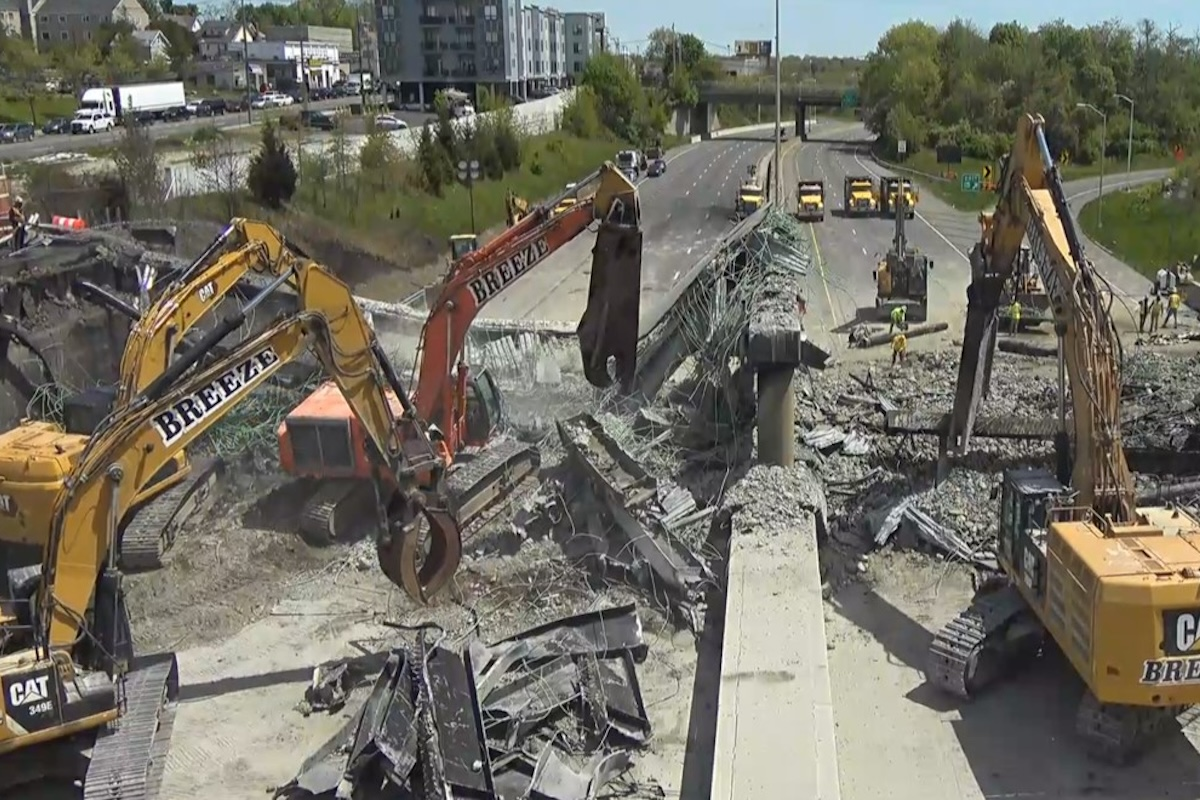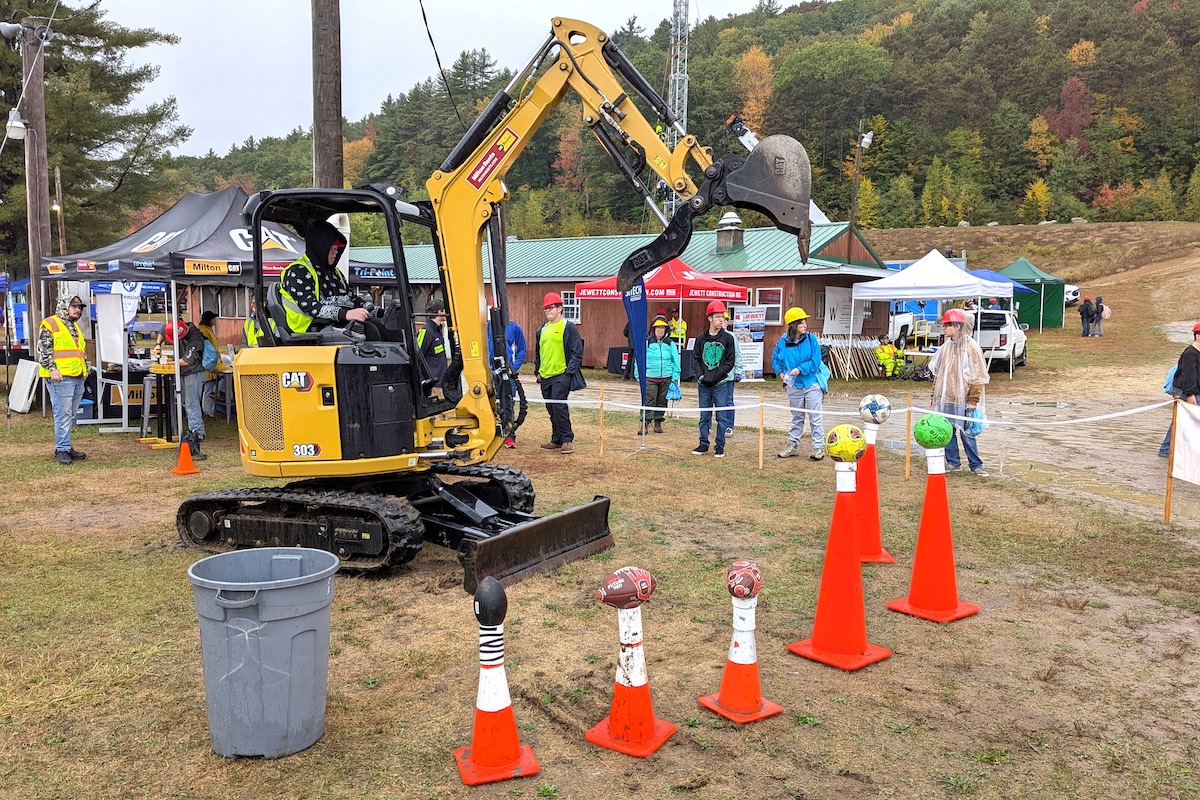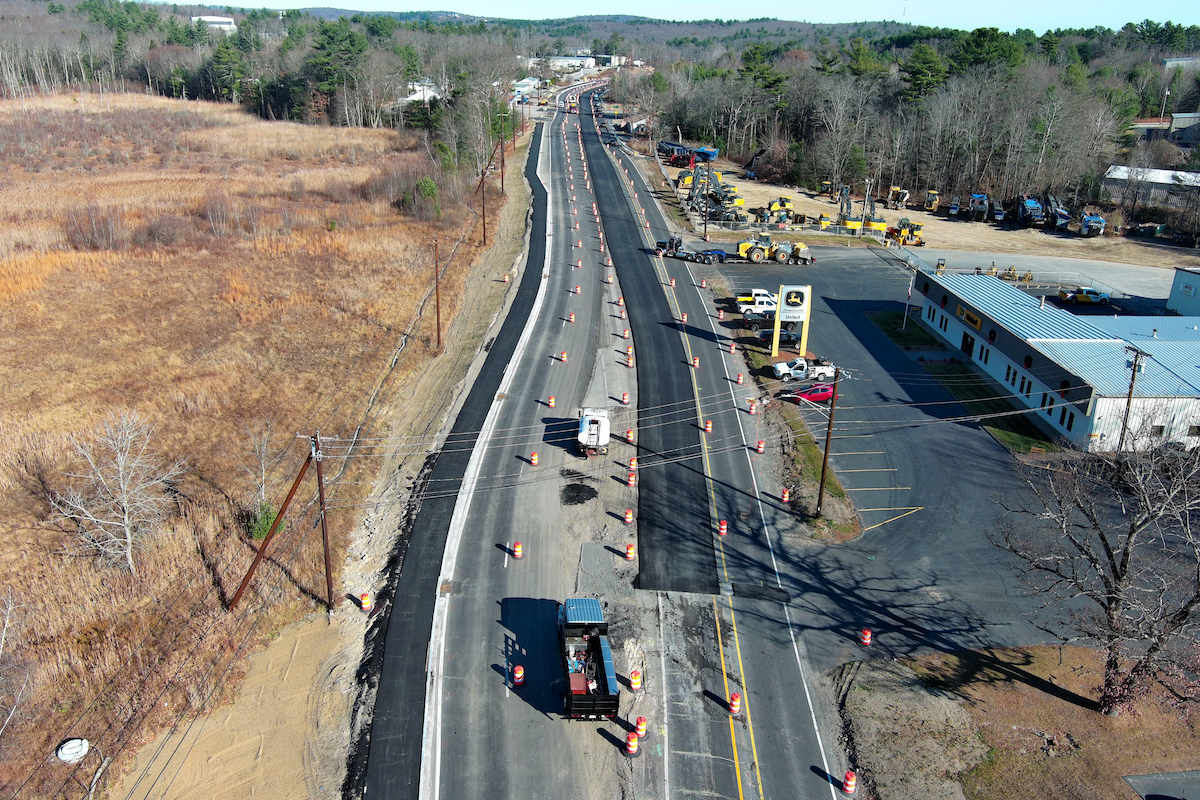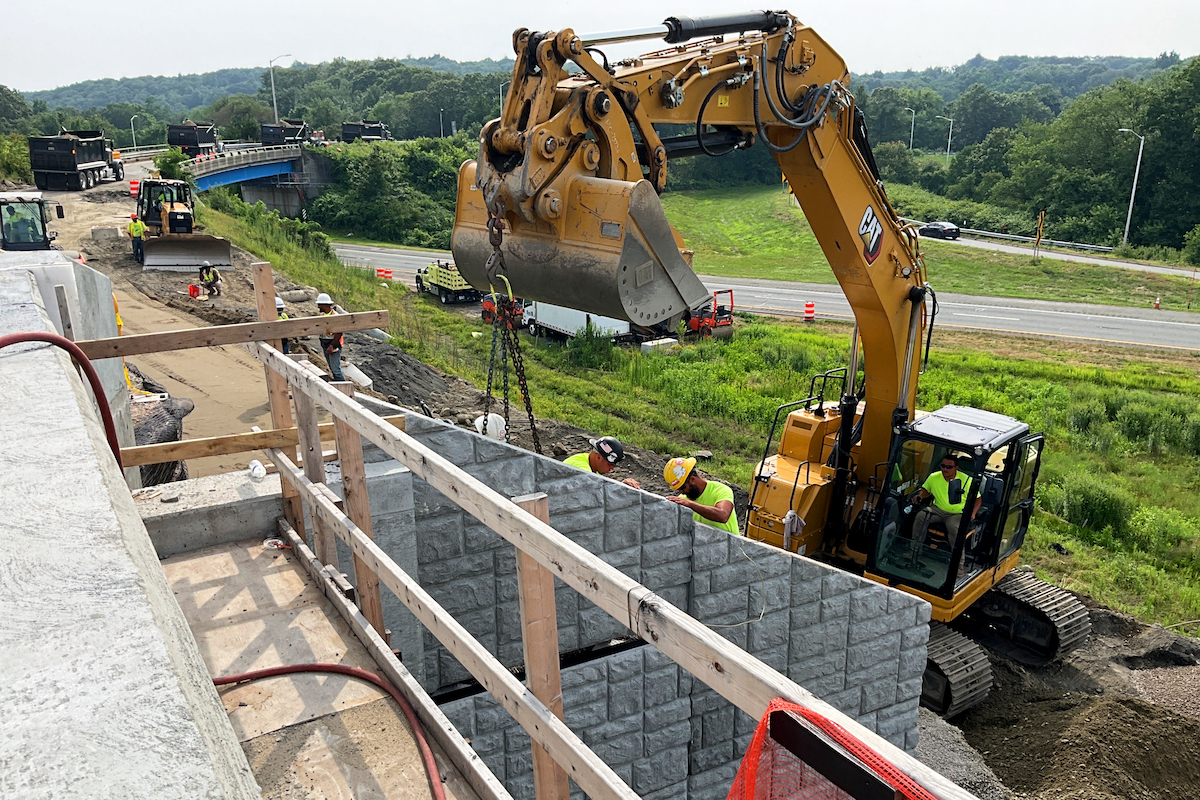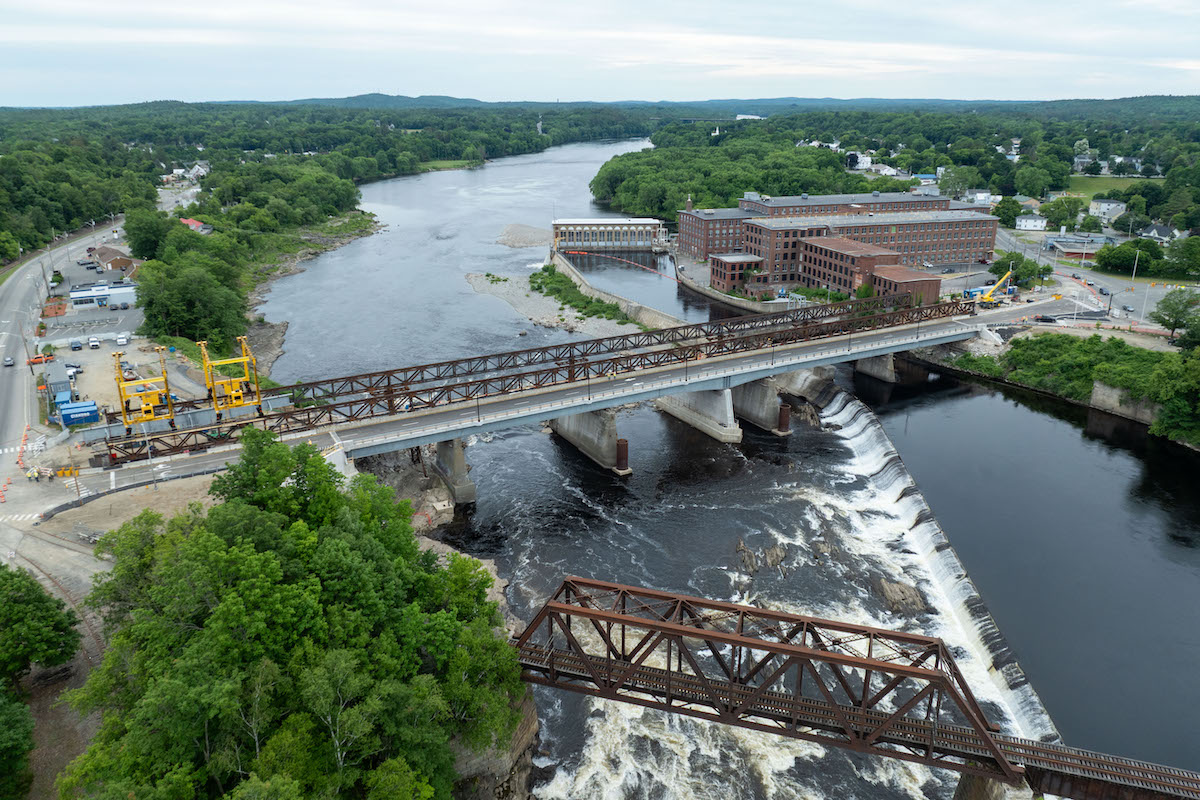The new station will be about a mile north of the existing Hartford Line station and is part of a larger Transit-Oriented Development (TOD) project in historic downtown Windsor Locks, adjacent to the new Montgomery Mills apartment complex along the Windsor Locks Canal.
“Up and down the Hartford Line, towns like Windsor Locks have engaged in aggressive planning around the train stations to maximize the economic energy created by the investment in this train service,” Lamont said. “This project represents the best in state, local, and private partnerships, and underscores everyone’s commitment to transit-oriented development.”
Several state agencies have been working on and funding the project, including CTDOT, the Department of Economic and Community Development, the Department of Housing, and the Office of Policy and Management, through its Responsible Growth Grant Program. Windsor Locks also received a Community Connectivity grant from CTDOT, for $321,949, specifically for improvements for pedestrians at this location to allow for last-mile connections to the future station and the new Montgomery Mills housing.
“Transit-oriented development is taking root all around Connecticut, and this project underscores our commitment to enhancing Hartford Line service and truly represents our shared vision,” said CTDOT Commissioner Joe Giulietti. “This work will improve the safety, efficiency, and reliability of the passenger rail system in the New Haven-Hartford-Springfield corridor.”

| Your local Case Construction Equipment Inc dealer |
|---|
| Beauregard Equipment |
| Monroe Tractor |
In addition to the new station, the intersection of Bridge Street and Main Street will be reconstructed to reduce traffic congestion at the intersection. Other improvements include track and signal work, street-level rail crossings, and Amtrak rail yard work. Of the total cost of the $64.9-million project, $17.4 million will come from the grant and the remainder will come through state bond funding.
Additional background on TOD in Windsor Locks:
- Montgomery Mills: The new development is a $62-million historic rehab of a former mill, converted to a total of 160 mixed-income one- and two-bedroom units. It is expected that the development will be 100 percent occupied by spring 2020.
- LOTCIP Grant: In 2016, the town was awarded $3 million to fund Phase I of Complete Streets improvements along Main Street (Route 159). The improvements aim to slow vehicular traffic and create a more pedestrian-oriented streetscape to support downtown activity generated by the station. Improvements include a roundabout, on-street parking, landscaped median, sidewalk, and shared-use path. In 2018, the town was awarded $2.5 million to fund Phase 2 of the project.
- Community Connectivity Grant: In 2018, the town was awarded $321,949 to fund a pedestrian connection on the north side of the Route 140 bridge over the canal. This improvement will provide a link between Montgomery Mills, Windsor Locks Canal State Park Trail, and the pedestrian improvements along Main Street.
- Main Street/Bridge Street Intersection: To mitigate traffic impacts related to the station, the intersection is being redesigned to accommodate grade crossing improvements and Church Street becoming a dead-end.
- Windsor Locks Commons: The site, which is adjacent to the new station, is slated for mixed-use redevelopment. CTDOT has coordinated station design plans with the town to preserve and accommodate development opportunities.
- OPM TOD/Responsible Growth Grants: In 2016, the town was awarded $137,000 for predevelopment activities on three parcels along the west side of Main Street (246, 252, and 254 Main Street) — specifically site acquisition and environmental work. In 2017, the town was awarded $1,897,400 for construction of a retaining wall and surface parking lot intended to support the redevelopment of the three parcels across the street from the new train station. These grants support predevelopment activities that will position these properties for TOD.
- TIF District Master Plan: In 2016, Windsor Locks was the first municipality to approve a Tax Increment Financing (TIF) District pursuant to new state enabling legislation in 2015. The TIF District will serve as a tool to assist with revitalization by enabling the town to capitalize on future revenues from increased property values to finance current investments.












